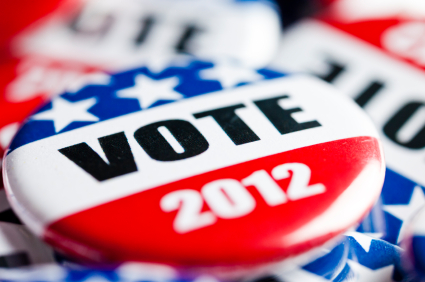 |
From tax cuts to Sesame Street, the first debate between President Obama and Governor Romney on Oct. 3 had its share of fireworks, and left pundits and social media abuzz.
As both candidates made their points during the 90-minute debate on the stage at the University of Denver, the “play-by-play” seen on the Internet before, during and after the debate reinforced social media’s importance when it comes to engagement and brand and event awareness.
Twitter announced shortly after the debate that it had been the most tweeted event in U.S. political history, topping this year's Republican and Democratic National Conventions.
According to reports, with 11.1 million comments, the debate was the fourth-most-tweeted telecast of any kind, coming in just behind the most recent Grammy awards, MTV's Video Music Awards and the Super Bowl, according to William Powers, director of the Crowdwire, an election project of the social analytics firm Bluefin Labs. The project found that 55% of the social comments about the debate were made by women, 45% by men.
As the critics and political analysts are breaking down the performances of both candidates and how that will impact their campaigns, what impact did the debate have from a PR perspective?
Think of both President Obama and Governor Romney as brands that are being presented to potential consumers. In 90 minutes, they both had the national stage to market themselves as the best product available. Their answers were their pitches and throughout the night, their social media channels were active in creating opportunities for consumer engagement.
Michael Levine has more than 25 years of experience in public relations and has authored 19 books, highlighted by Guerrilla PR, which is considered the most widely-used introduction to public relations in the world. From a presentation point of view, Levine believes the two candidates had contrasting results.
“This was a victory for Mitt Romney. He was in command and defining,” Levine said. (President) Obama looked like a man doing some weary duty. It was like he was a cool jazz musician who had stayed at the club a little too late.”
When a product doesn’t resonate well with consumers, communicators have to revise their plan to fix the problem. For successful pitches, it’s important that PR pros ride that wave of success.
“I would tell the President that he needs to remind people why they voted for him in the first place,” Levine said. “Romney needs to stay the course that made Wednesday work for him.”
We'll see what both campaigns communications teams do between now and the next presidential debate on Oct. 16 in Hempstead, N.Y.
Follow Jamar Hudson: @jamarhudson
